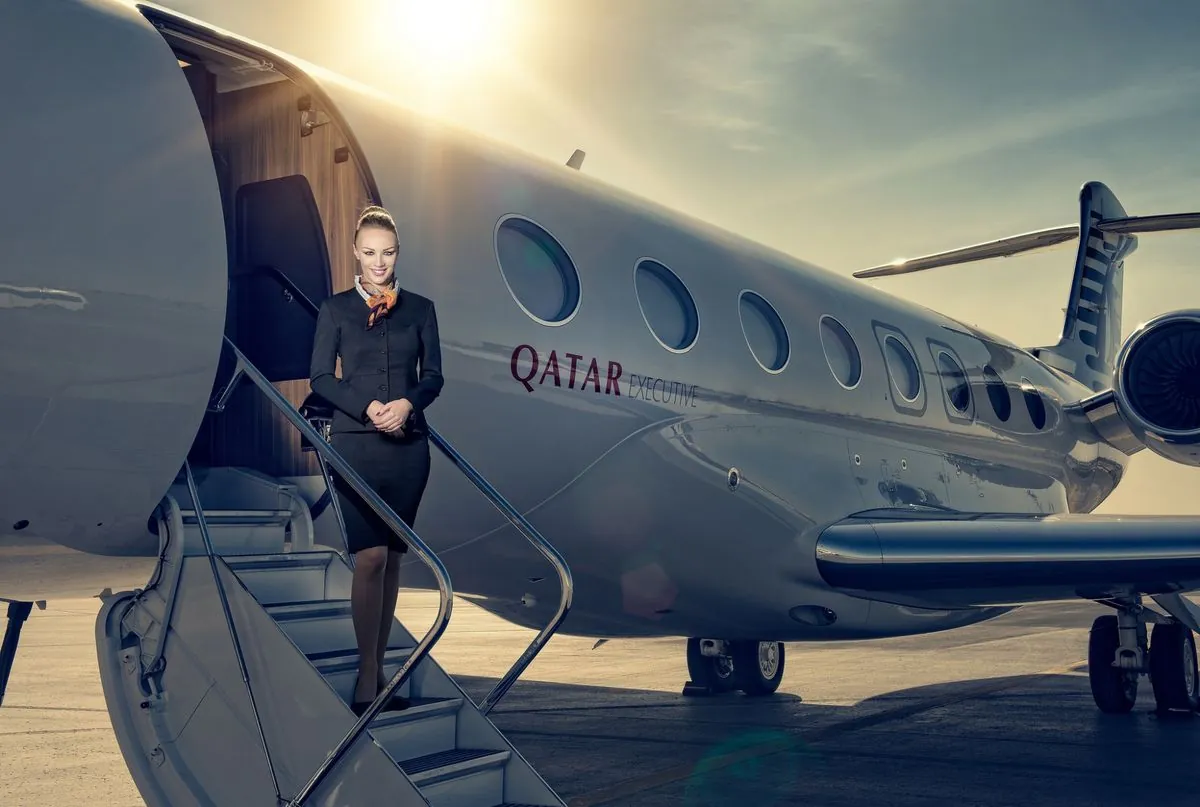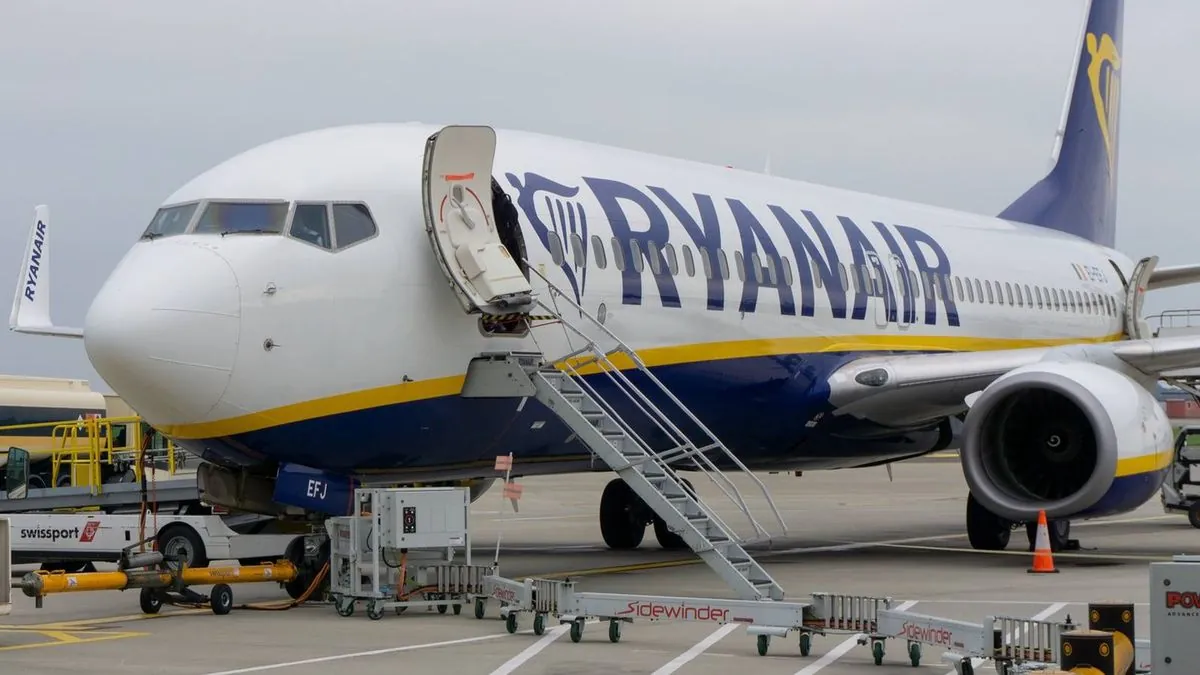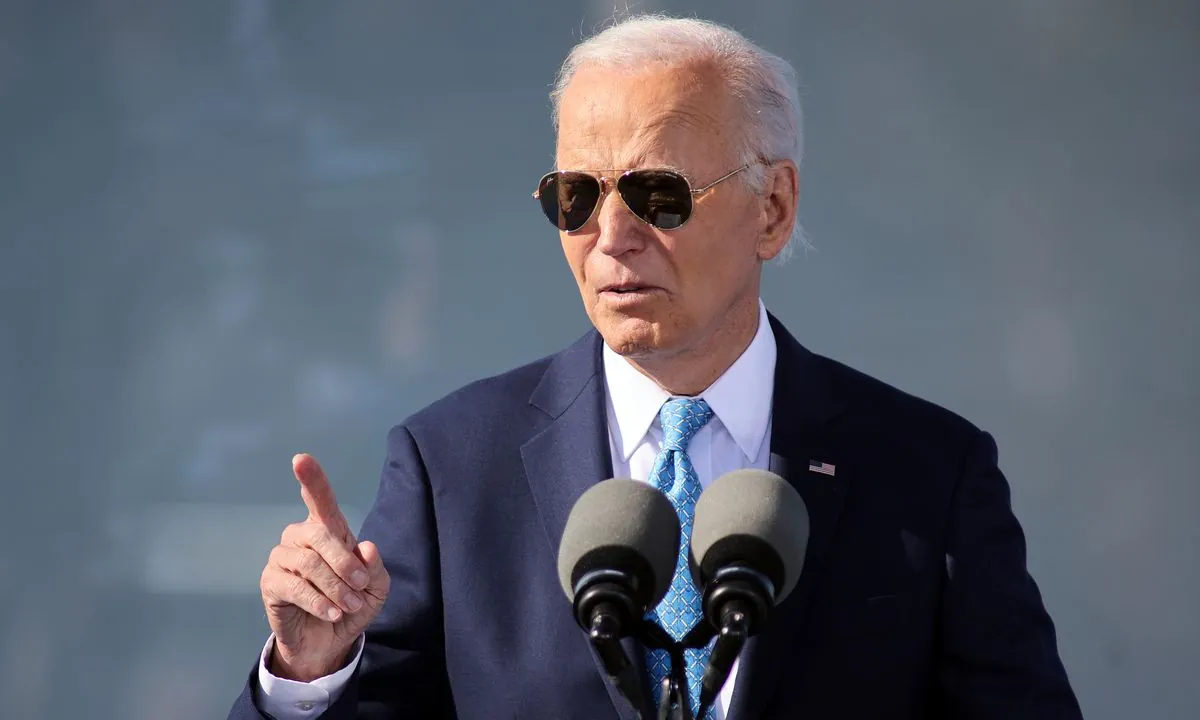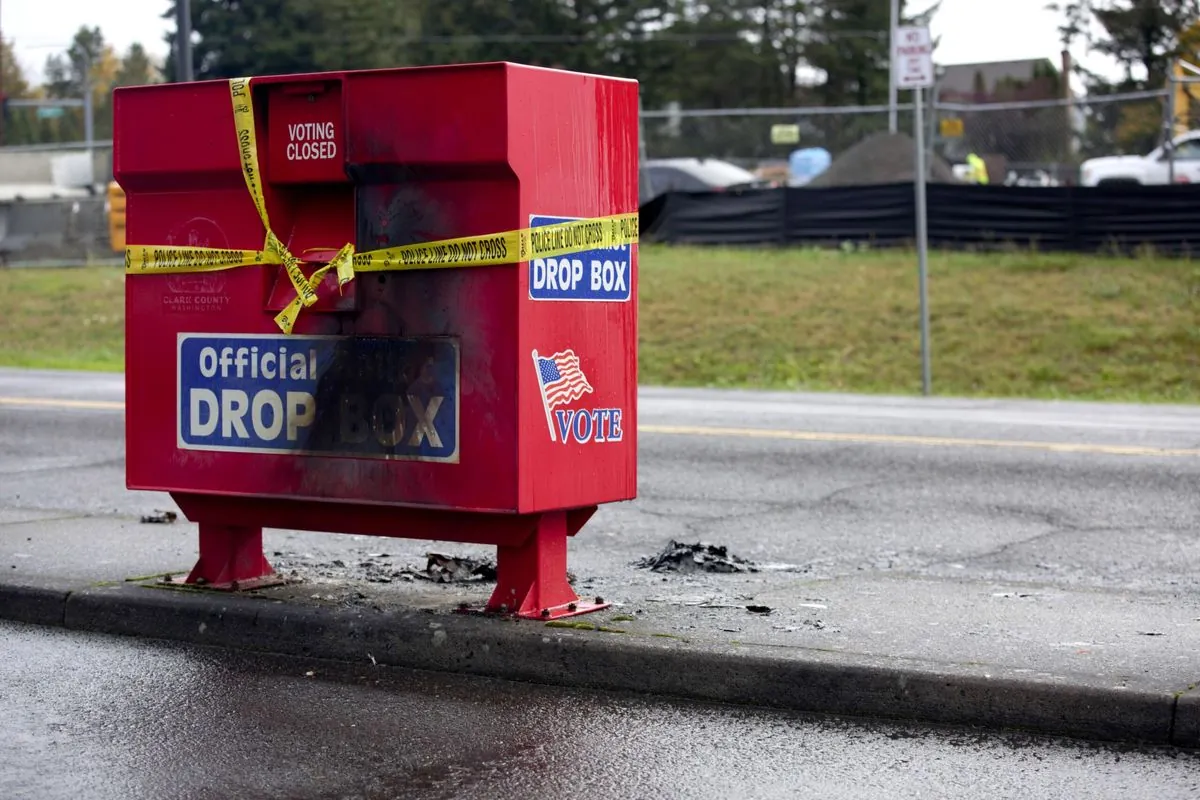Airlines Face Normalization of Demand and Supply Chain Woes
Major airlines report normalizing demand and yield pressures at Farnborough Airshow. Executives highlight traveler shift to cost-effective options and ongoing challenges with aircraft manufacturers.

At the Farnborough Airshow on July 22, 2024, airline executives reported a normalization of air travel demand following the post-pandemic boom. This shift has led to travelers prioritizing affordability, putting pressure on airline yields.
Guliz Ozturk, CEO of Pegasus Airlines, Turkey's second-largest airline by fleet size, noted that passengers are now seeking the most cost-effective travel options. This trend marks a return to pre-pandemic consumer behavior, with travelers focusing on finding the best prices.
"We have started seeing the normalisation of demand. What does it mean? I mean, the demand is there, but now the travellers are looking for, as before the pandemic, for the most affordable, the lowest, the best price for their travel,"
Campbell Wilson, CEO of Air India, expects the international market to moderate over the next six months. Meanwhile, Luis Gallego, CEO of IAG, parent company of British Airways, highlighted that business travel is still recovering from the COVID-19 crisis, which had nearly halted all travel.
These observations come in the wake of Ryanair, Europe's largest airline by passenger numbers, reporting a larger-than-expected drop in quarterly profit, with fares plunging 15%. Lufthansa Group, the largest airline group in Europe by revenue, has also cut its profit target for the second time in 2024.

The executives also addressed ongoing challenges with aircraft manufacturers Airbus and Boeing, who form a duopoly in the large commercial aircraft market. Production slots at both companies are sold out for many years, resulting in extended wait times for airlines looking to expand or replace their fleets.
Ozturk emphasized the need for better coordination and communication with Airbus regarding delays, as even short delays can significantly impact airline operations. Air India is facing severe parts shortages, with Wilson revealing that 30 aircraft are grounded due to lack of spare parts.
Darren Hulst, Boeing's vice president of commercial marketing, acknowledged the manufacturer's shortcomings in meeting customer expectations. He stressed the need to create stability in their production processes to deliver quality aircraft on time.
The COVID-19 pandemic, which caused the worst crisis in aviation history, continues to have lasting effects on the industry. As airlines navigate the post-pandemic landscape, they face the dual challenges of adapting to changing consumer behavior and managing supply chain constraints.


































